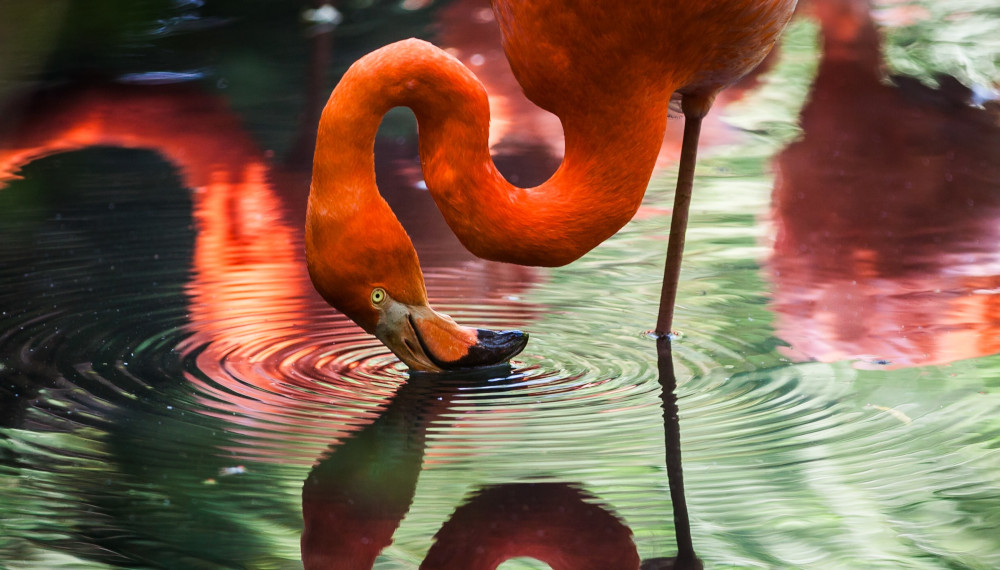
In this post on ongoing reflective practice at the Royal (Dick) School of Veterinary Studies, Susan Rhind, Nina Tomlin, Jenna Richardson, Jessie Paterson, and Paul Wood outline the value placed on reflective ability in the veterinary profession. They consider the ways in which the School understands this, detailing how its courses are already implementing reflectivity at various levels of learning and teaching, from course material to assessment to professional development. This post is part of the Learning & Teaching Enhancement Series: Reflective Learning.
The importance of reflective ability to veterinary students is highlighted in the Day One Competences, defined by our regulatory body, the Royal College of Veterinary Surgeons (RCVS). The high level competency framework shown below highlights the importance of reflection to the veterinary professional, whether in the context of reflective relationships with others (including clients, fellow professionals, the public), or in terms of being able to reflect on ‘professional experience and other learning aimed at improving performance and competence’.
It is also relevant that once out in the profession, continuing professional development (CPD) is mandatory for maintaining membership of the RCVS. This requires reflection in order for the CPD to be counted as part of a mandatory 35-hour per year requirement. It is thus essential that we prepare our students not only for this aspect within our curriculum, but also to benefit our graduates in their ongoing professional lives.

Graphic taken from RCVS Day One Competences, 2021.
Reflection is explicitly emphasised in the high-level domains
Current approach
Given our professional context, the challenge is to translate this into meaningful activities and content in the core curriculum for our students. At the vet school, we have a well-embedded professional and clinical skills ‘thread’ running throughout the curriculum. Reflection is introduced in the first year of this course with learning objectives in the relevant introductory session:
- Outline the importance of reflective practice in the Vet Profession
2. Appreciate the differences between reflection and critical reflection
3. List some of the components that make up reflection
4. Describe the Gibbs reflective model and how it relates to your professional development
Students are also required to reflect as part of their personal portfolio, which they develop across the Bachelor of Veterinary Medicine & Surgery curriculum. Specific exercises to emphasise reflection are included in year 1 and 2, and this also supports the students’ requirement to reflect on their extramural studies (EMS/workplace) placements, which are another RCVS requirement: students are required to complete a total of 38 weeks across the curriculum in animal establishments and veterinary practices. These EMS experiences are a rich source of material for such reflective activities, which we currently capture using PebblePad.
Making it real
Real life examples of reflection are provided including recorded videos of clinical staff demonstrating the usefulness of reflection by describing examples from their own careers. This is an area we are looking to expand to emphasise the crucial importance of this approach for ongoing learning and career development. By ‘familiar faces’ modelling the reflective process aligned to real-life scenarios, we aim to demystify the process, especially for those students who may be less comfortable in the reflective space.
Professional Development Course
One specific course that has an entire focus on reflection in assessment is our Professional Development Course. The aim of the course is to provide general support and advice on personal and professional development, including the opportunity for students to consider their own weaknesses and strengths. All students who are repeating a year or part-year are required to take this course and must pass in order to progress. By definition, this course only has small numbers of students on it with required attendance at monthly sessions (including reflection, stress and time management, and learning and study skills) followed by a short reflective exercise on which they get prompt individualised feedback.
What next for reflection?
It is fair to say that an individual student’s ability to reflect is highly variable and we are currently working on further curriculum developments to allow us to identify and support students who are less comfortable with the approach. For example, this year we are introducing an earlier reflective essay in year 1, which will be individually marked and supported by one-on-one feedback sessions where issues are identified. This will be followed by a second reflective exercise focusing on Veterinary Career routes. We are hoping this sequential approach will help us identify students most in need of guidance at an earlier point.
As part of these developments, we are also looking at designing an assessment rubric aligned to student reflections to help us identify some of the areas where individual students may be stronger or weaker in their reflections.
A final point to acknowledge is that, as individuals, everyone’s ‘reflective capacity’ differs and that includes staff as well as students! This surfaces, for example, when reviewing submissions for HEA fellowship applications – so as always, our curriculum evolution will need to be supported by aligned staff development opportunities.
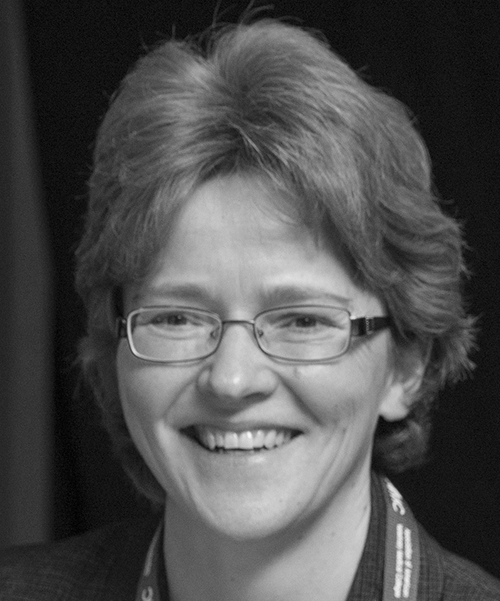 Susan Rhind
Susan Rhind
Professor Susan Rhind is Chair of Veterinary Education, Deputy Head of School, and Director of Veterinary Teaching at the Royal (Dick) School of Veterinary Studies. Her research is currently mainly focussed on veterinary education including assessment and feedback, curriculum development, student wellbeing and transitions.
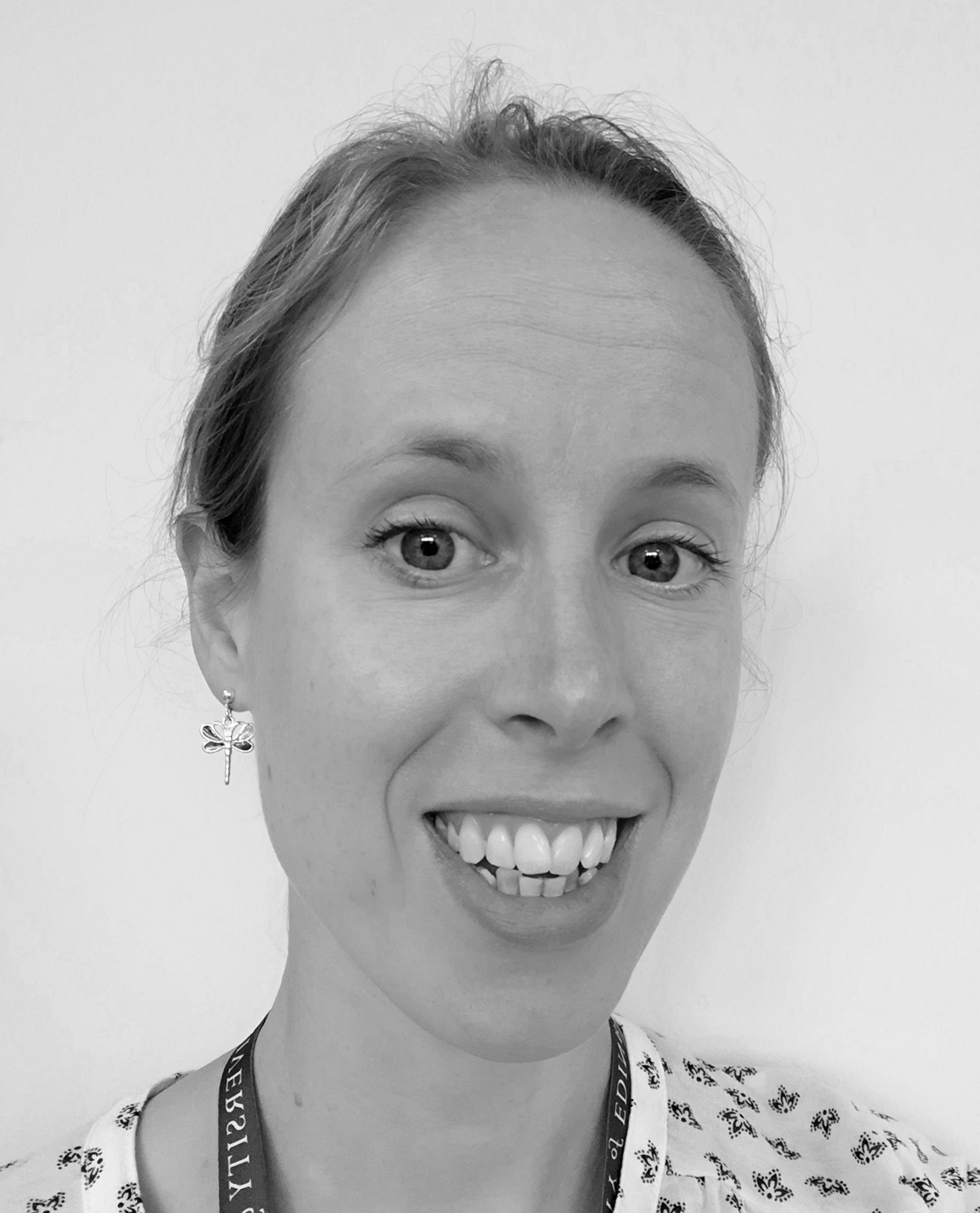 Nina Tomlin
Nina Tomlin
Nina Tomlin is a lecturer in Professional & Clinical Skills and Competency-Based Veterinary Education and is also involved in final year assessment.
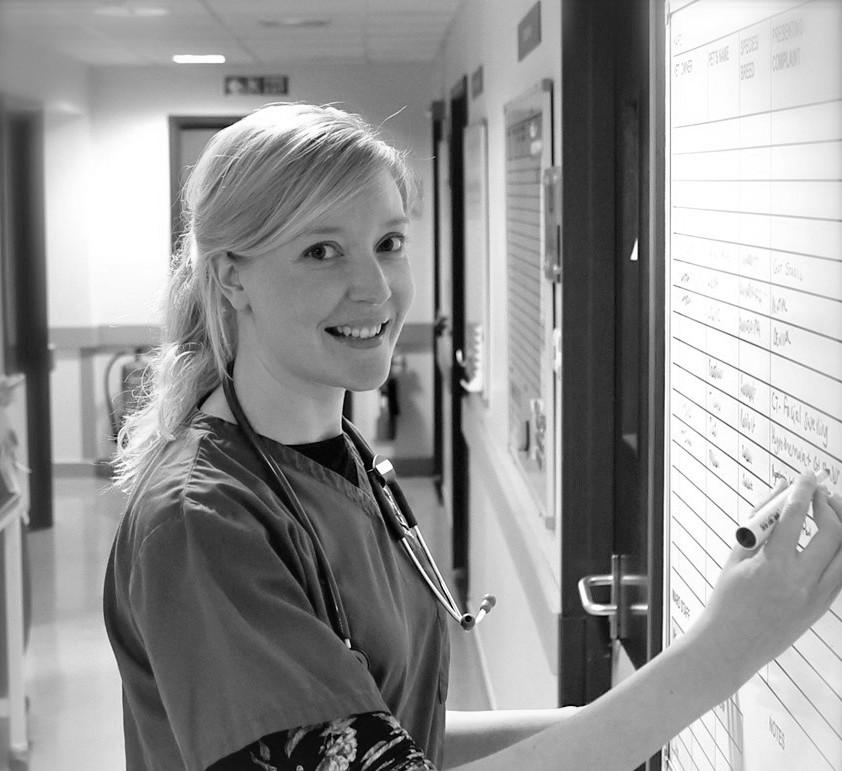 Jenna Richardson
Jenna Richardson
Dr Jenna Richardson is a Senior Lecturer and Veterinary Clinician. Her interests are focused on undergraduate veterinary teaching of exotic animal veterinary medicine and the development of professional and clinical skills. She is also a RCVS and ECZM specialist in small mammal medicine and surgery.
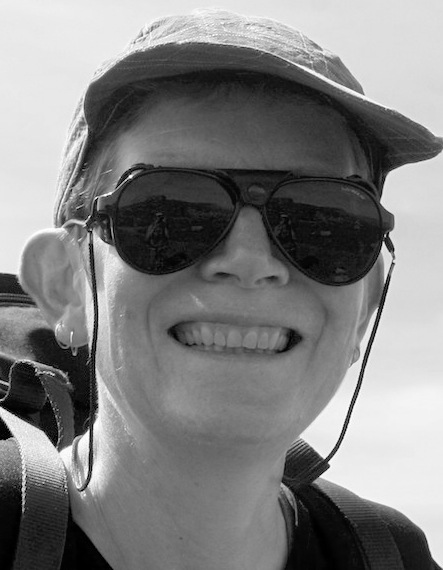 Jessie Paterson
Jessie Paterson
Dr Jessie Paterson is a Senior Lecturer in Student Learning at the Royal (Dick) School of Veterinary Studies. Jessie is involved in the Professional Skills teaching as well as student support. Her main focus is around academic support and leads the School’s Study Skills Team, but she also has a strong interest in student wellbeing. She also leads on the Schools VetPALs scheme and other student-led activities.
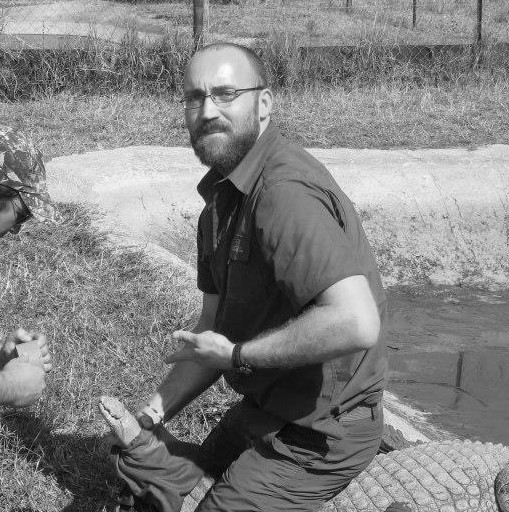 Paul Wood
Paul Wood
Paul Wood is currently Senior Lecturer in Farm Animal Practice and the Principal Clinician of the Royal (Dick) School of Veterinary Studies’s Farm Animal Practice and Hospital. His clinical interests are in obstetrics and surgery but his current research is focused on preparedness of undergraduates and graduates and transitions through the veterinary course. In January, he will be taking on a new role a Senior Lecturer in Animal Husbandry and Director of Animal Husbandry EMS.

